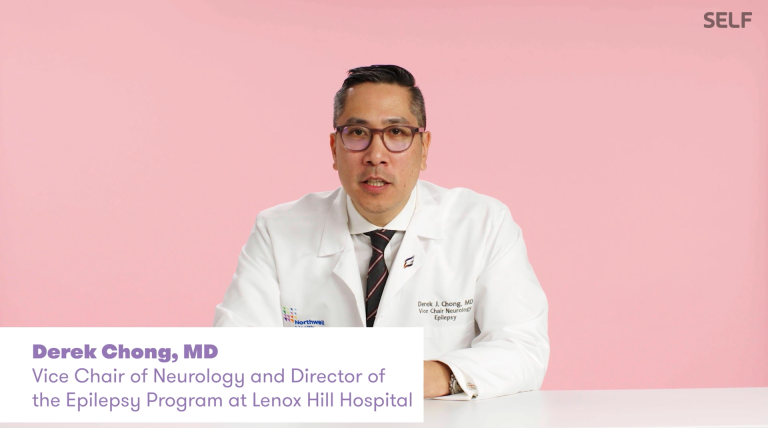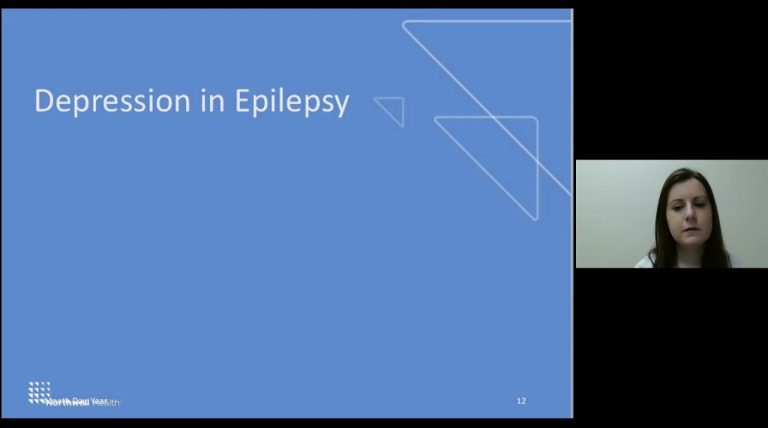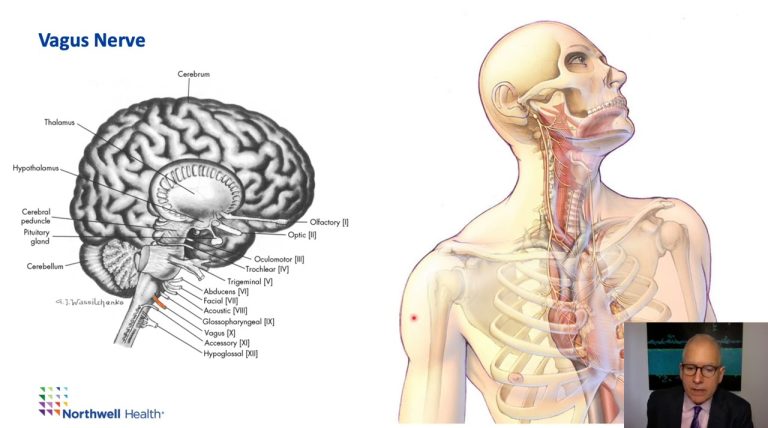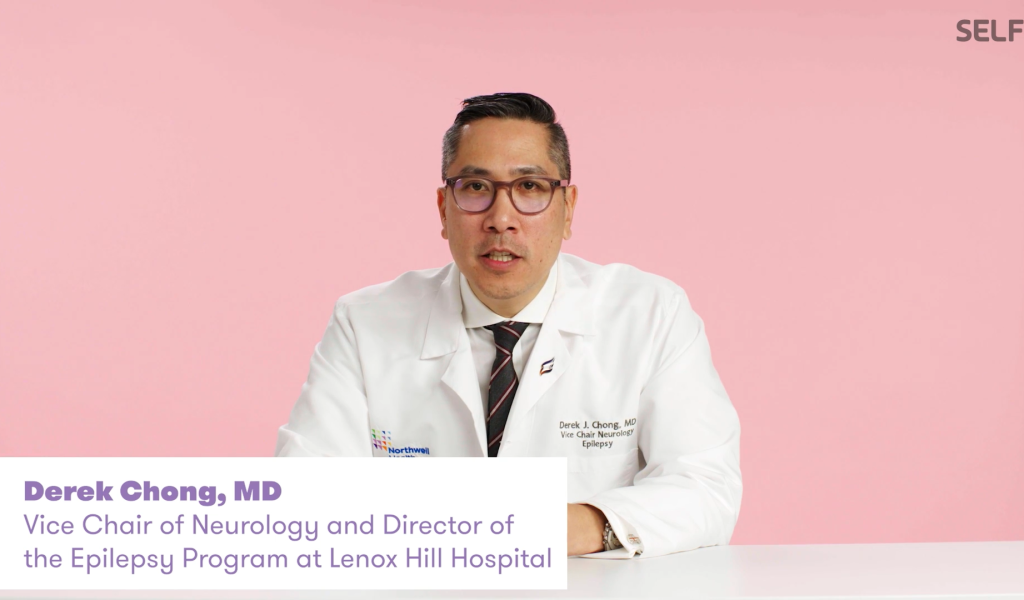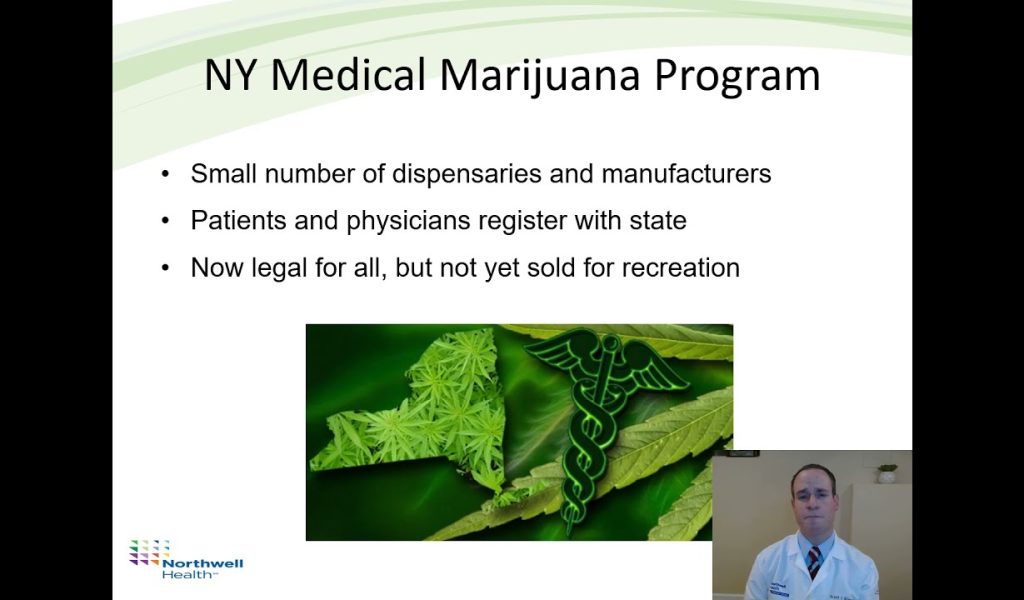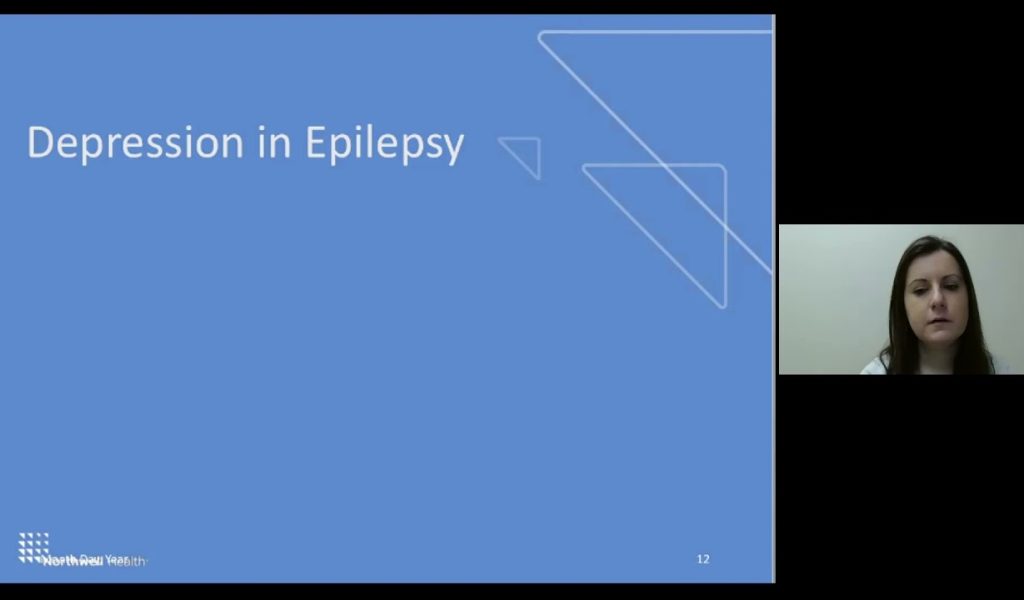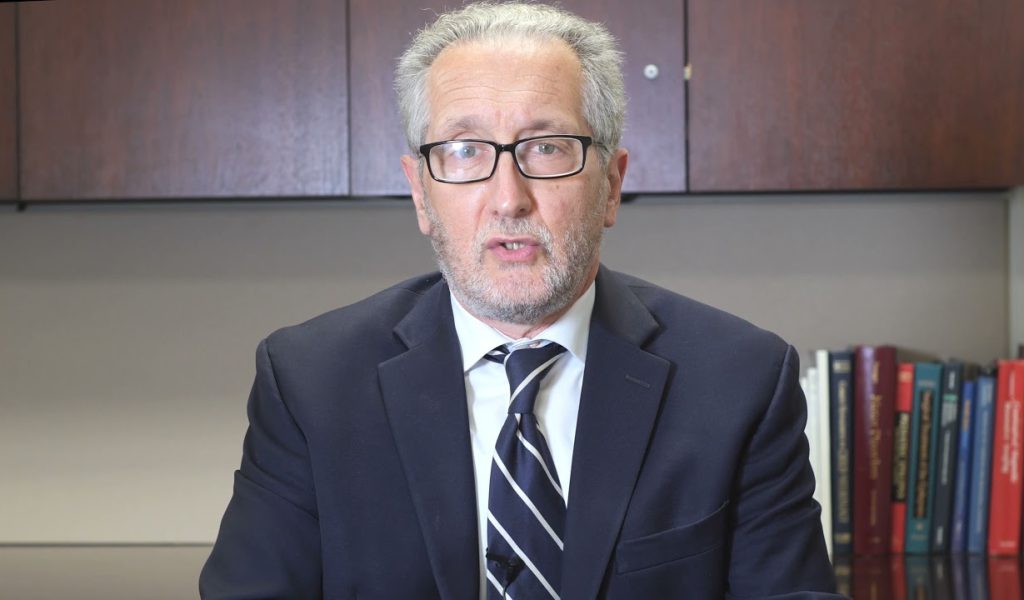As COVID has changed the world, we have also transformed our educational methods to reach out to our patients and friends. These epilepsy virtual lectures series have the advantage of being available 24/7 and on demand and for a longer period of time. We are very excited about the endless possibilities and unlimited reach of these lectures as they are free and can be accessed anytime and from anywhere.
Check out the Epilepsy Handbook Guide here - click to download. Please share the link to our website with your family and friends.
The annual epilepsy patient conferences and our bimonthly evening lecture series present patients and their families with information and updates on epilepsy and treatment options. Our experts address topics for children and adults ranging from clinical trials and new surgical approaches; autism, memory and psychosocial issues; life issues such as driving with epilepsy; and the myths and facts of cannabis and epilepsy.
Education Videos
How to Use Vision, Hearing, Taste & More to Recognize Epilepsy Derek Chong, MD, spent time with self.com to walk us through what epilepsy is and how it manifests through each of the five senses. Featured Speaker: Derek Chong, MD, MSc View Bio Request Appointment
Pediatric Epilepsy Update 2021 – Juliann Marie Paolicchi, MD
Featured Speaker: Juliann Marie Paolicchi, MD
Marijuana in the Management of Epilepsy – Scott J. Stevens MD
This talk is geared toward patients with epilepsy and their caregivers. It reviews the use of cannabis, specifically cannabidiol, in the treatment of refractory epilepsies. The presentation discusses the history of cannabis in epilepsy, types of cannabis and cannabinoids, approved uses for cannabidiol in epilepsy and potential side effects. Current state and federal laws on marijuana are also discussed.
Epilepsy & Mood – Erica P. Meltzer, Ph.D.
This talk is a discussion focused on the most common mood disorder presenting in patients with epilepsy – depression. The relationship between epilepsy and depression is discussed, as well as how depression is diagnosed and treated. The importance of considering all factors that affect a patient with epilepsy — including biological, psychological, and social factors — is emphasized. Lastly, epilepsy self-management and the role that the field of Clinical Neuropsychology plays in helping patients with epilepsy manage mood symptoms is explained.
Neurostimulation for Epilepsy — Fred A. Lado, MD PhD
Neurostimulation is a relatively new option in the treatment of difficult to control seizures. In this lecture, Dr. Fred Lado discusses the different types of stimulation available to individuals. In this lecture, Dr. Lado describes the expected benefits from different forms of neurostimulation, the possible side effects, and what to expect when one has a neurostimulator for epilepsy.
Introduction to NICE Epilepsy lectures – Ruben Kuzniecky, MD
In this introduction, Dr. Ruben Kuzniecky, Professor and Vice Chair, Neurology discusses the purpose of NICE and its educational video-lecture series. The different topics that will be discussed and the overall thematic organization.


